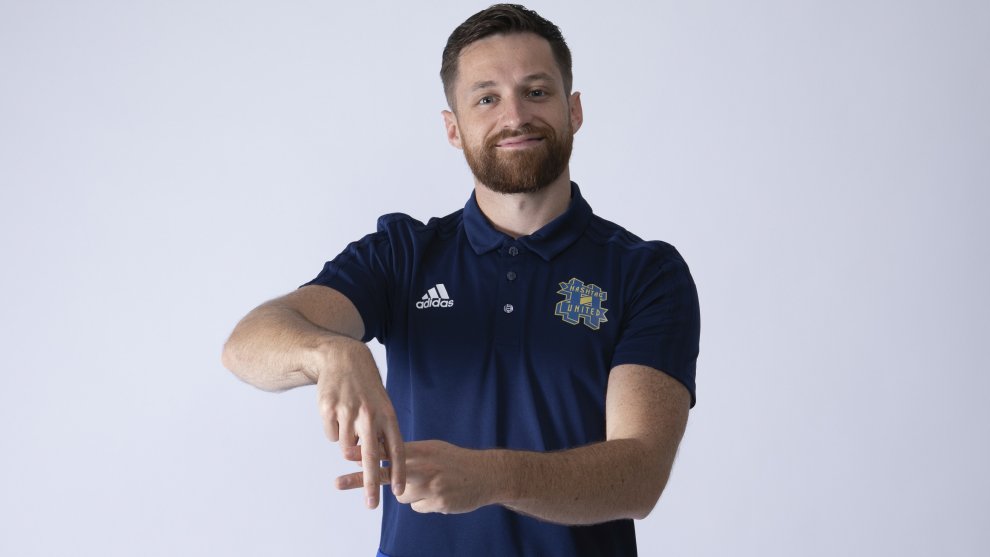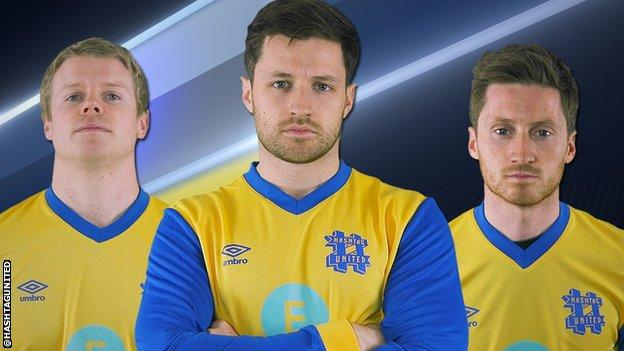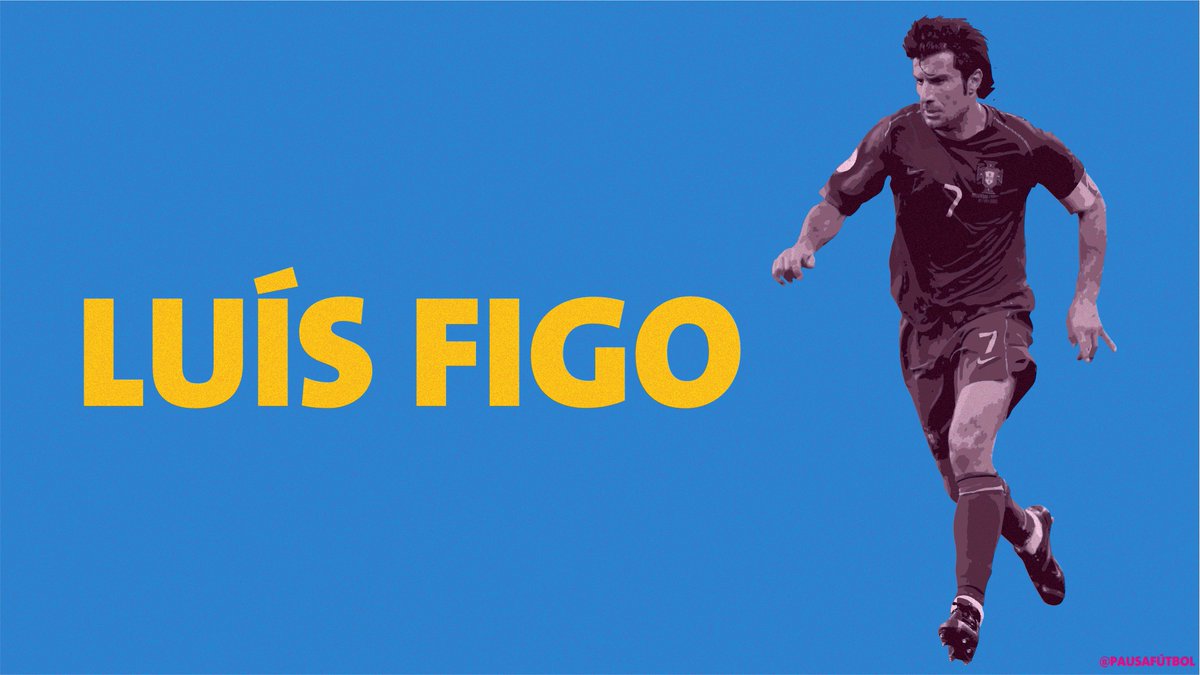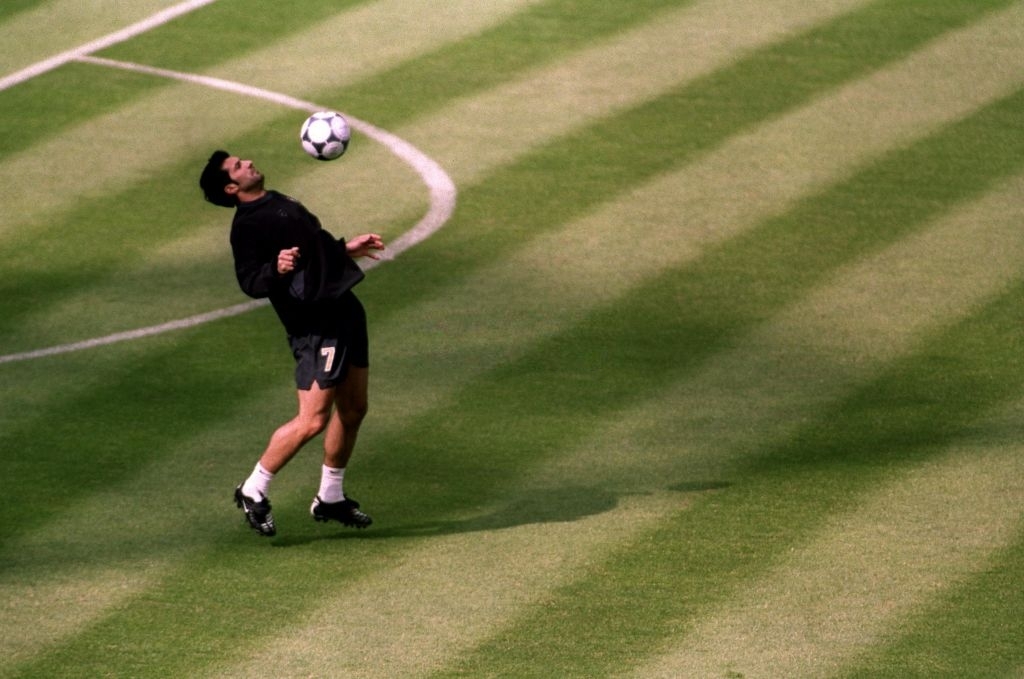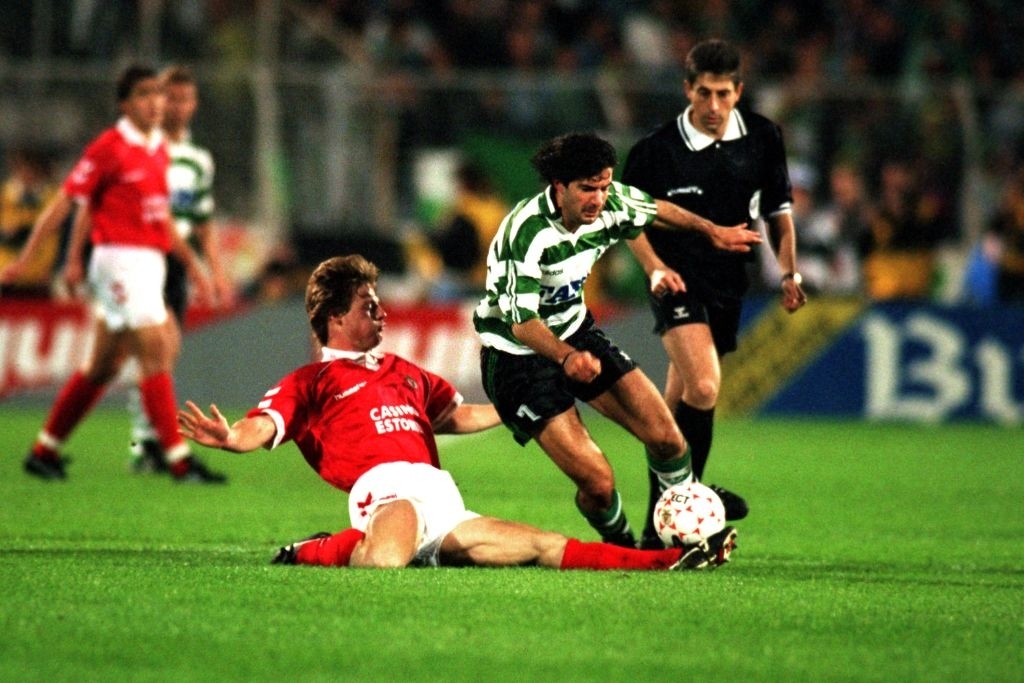
Ernst Happel – the Austrian maestro who conquered Europe and changed the game forever.
[THREAD]
#PausaHistoria
[THREAD]
#PausaHistoria

Only 6 managers have ever won domestic leagues in 4 different countries. Only 5 managers ever have won the European Cup with 2 different clubs. Only 3 names feature in both these lists – Jose Mourinho, Carlo Ancelotti and Ernst Happel. 

Born in Vienna in 1925, Happel made his debut aged 17 for local club Rapid Wien. Over the years he would establish himself as a club legend, winning 6 titles and 1 Austrian Cup until his retirement in 1959. In between he would also finish 3rd with Austria in the 1954 World Cup. 

However, his appetite for football was far from over. So in 1962, aged 37, he took up the job of coaching ADO Den Haag. The Dutch side had only fluctuated between midtable and relegation battles in the previous seasons. As such the expectations were not very high. 

Den Haag had escaped relegation in the previous season by 1 point. But this didn’t deter Happel who ensured they didn’t suffer any such last day jitters by finishing comfortably mid table in the following 2 seasons. 

This would only prove to be a precursor for better times. Happel would establish Den Haag as a top 4 Dutch side for the rest of his tenure until 1968/69. In his penultimate season, Den Haag would win the KNVB Beker (Dutch Cup) by beating Rinus Michels’ Ajax 2-1 in the final. 

The continuing success drew attention from Ajax’s fierce rivals Feyenoord, who had won the title and were about to embark on a European Cup campaign in 1969/70. Although Happel’s debut season didn’t come with a league title defence, the European run made more than up for it. 

The very first game against Iceland’s KR Reykjavik saw the Dutch side hand out a 12-2 thrashing. It would be a good omen for the season to come where they would knock out Milan, Vorwärts Berlin (now 1. FC Frankfurt) and Legia Warsaw on their way to the final. 

Their opponents in the final would be the famous Celtic side under Jock Stein who had won the tournament in 1967. Much like Ajax, they preferred to play in a 4-2-4 formation. Happel once again played a 4-3-3 as his Den Haag and Feyenoord sides had successfully done against Ajax. 

The game ended 1-0 to the Rotterdam side but the score belied the actual performance where Celtic never looked like winning it. The extra man in Feyenoord's midfield proved a bit too much for Celtic to handle as it had done for Ajax. 

After leading them to another league title the following season, Happel stayed at Feyenoord until 1973 after which he had a brief 1 season stay at Sevilla before moving to Brugge in Belgium. 

His stay at Club Brugge would lead to the club's best period in its history. He would win a hattrick of league titles from 1975-1978 and a Belgian Cup in 1976/77 while reaching the UEFA Cup final in 1975/76 and the European Cup final in 1977/78, narrowly losing both to Liverpool. 

He would lead Netherlands in the World Cup of 1978. However, the absence of Johann Cruyff due to his home robbery in Barcelona resulted in the Dutch missing their best player. They went to the final but lost out to Argentina in extra time. 

Leaving Club Brugge the same summer, Happel spent the next 3 years at two other Belgian clubs in Harelbeke and Standard Liége. At Liége, he won the Belgian Cup in his second season in 1980/81.
In 1981, Hamburg approached Happel and this appointment would result in the creation of one of the best sides in German football history. Hamburg would win the Bundesliga in 82 and 83. Between Jan 1982 and Jan 1983 they would go 36 league games unbeaten which is still a record. 

In the 1982/83 European Cup, they would knock out Dynamo Berlin, Olympiakos, Dynamo Kyiv and Real Sociedad en route to another final, this time against Giovanni Trapattoni's Juventus. In the end, Hamburg proved too dominant and ended up 1-0 winners. 

After winning the DFB Pokal (German Cup) in 1986/87, Happel returned to Austria for Swarovski Tirol. Over the next 4 years, he would win 2 league titles and an Austrian Cup in 1988/89. In the summer of 1992, he accepted the job of Austrian national team manager. 

Sadly this wasn't to last for long as he died of lung cancer in November of the same year having only lead Austria in 9 games. Four days after his death, Austria played against Germany in a 0–0 draw where Happel's cap lay on the bench during the entire match. 

Ernst Happel is regarded as one of the early pioneers of the high pressing game that we see very commonly today and is regularly counted as one of football's most influential figures by the game's historians.
[END OF THREAD]
[END OF THREAD]
To read more about Ernst Happel, we would recommend reading this exceptional tribute by @AleksanderL16
thesefootballtimes.co/2016/04/27/ern…
thesefootballtimes.co/2016/04/27/ern…
• • •
Missing some Tweet in this thread? You can try to
force a refresh















